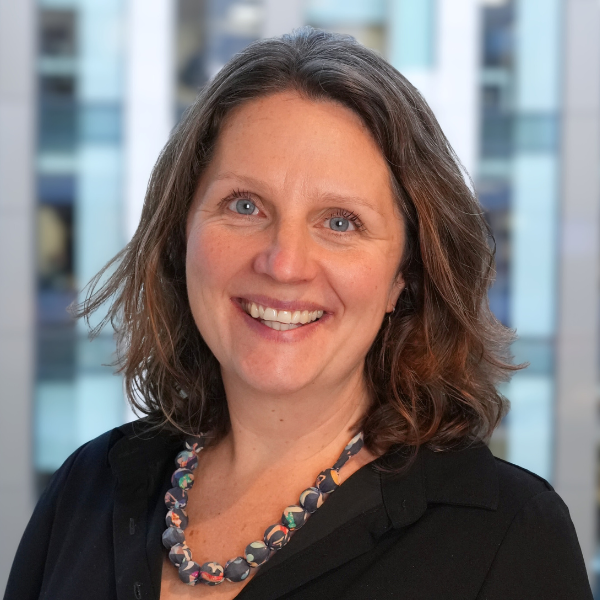Cannock Mill Cohousing Community Case Study
A good example of eco-design on an historic "difficult" site. The group has also ensured that there were legal limitations on the risk of enfranchisement in their leases.
The Cannock Mill Cohousing site sounds idyllic. The heart of the development is an eighteenth century mill on the edge of a glimmering mill pond covered in water lilies and surrounded by rushes. The houses are designed with green rooves and mature trees surround much of the site. This was certainly not the case when the group first saw a "difficult" multi-levelled site, with awkward access, when you could hardly tell the pond from the surrounding solid ground!
When Cannock Mill Cohousing came to us they were full of enthusiasm to turn this difficult site into twenty three forward-looking homes. The houses are ultra-low energy and designed by Anne Thorne Architects (Anne is a group member) to achieve Passivhaus standard. Anne's design cleverly managed the different levels and the practical challenges presented by the mill pond to provide future-proofed, accessible and adaptable homes which have timber frames, sustainable insulation and photovoltaic roof panels, as well as green rooves.
Contrasting with the modern new build dwellings is the historic mill which is used as a common house. However lovely the mill is, there is no doubt that it is potentially a more expensive place to run than a purpose built common house would be. This meant that Cannock Mill Cohousing were very alive to the risks that enfranchisement might bring.
Enfranchisement is the right of a tenant who has a lease of over 21 years to buy the freehold of their house and affects any cohousing group who uses a corporate structure to hold the freehold and grant long leases to its members. Although the obligation to contribute to common costs (such as the running of the common house, maintenance of the mill pond and other communal costs) can survive the purchase of the freehold, there is no guarantee that this can happen. Cannock Mill worked with Wrigleys and specialists Cripps Pemberton Greenish to build protection against enfranchisement into the members' 999 year leases. If groups are interested in how this was done, they should speak to Cannock Mill Cohousing.
The planning agreement for the project helped to cement the cohousing element by making it a requirement that all the dwellings had to be occupied solely by members of Cannock Mill Cohousing. Embedding this requirement into the planning agreement complements the rules of the company and the provisions of the lease to protect the cohousing group's cohesion in the long term.
The project was funded by money from members (some of whom sold their homes to help finance the development) and a loan from Homes England. As with all funders, there was a lot of legal and project management work involved to ensure that a number of requirements were met – communication with Homes England was key here.
It has been a lot of work for everyone involved and has led to members of Cannock Mill Cohousing and Wrigleys talking to the Law Commission about the benefits of cohousing for society. We hope that Cannock Mill Cohousing's experiences may have a positive impact on future government policy.




